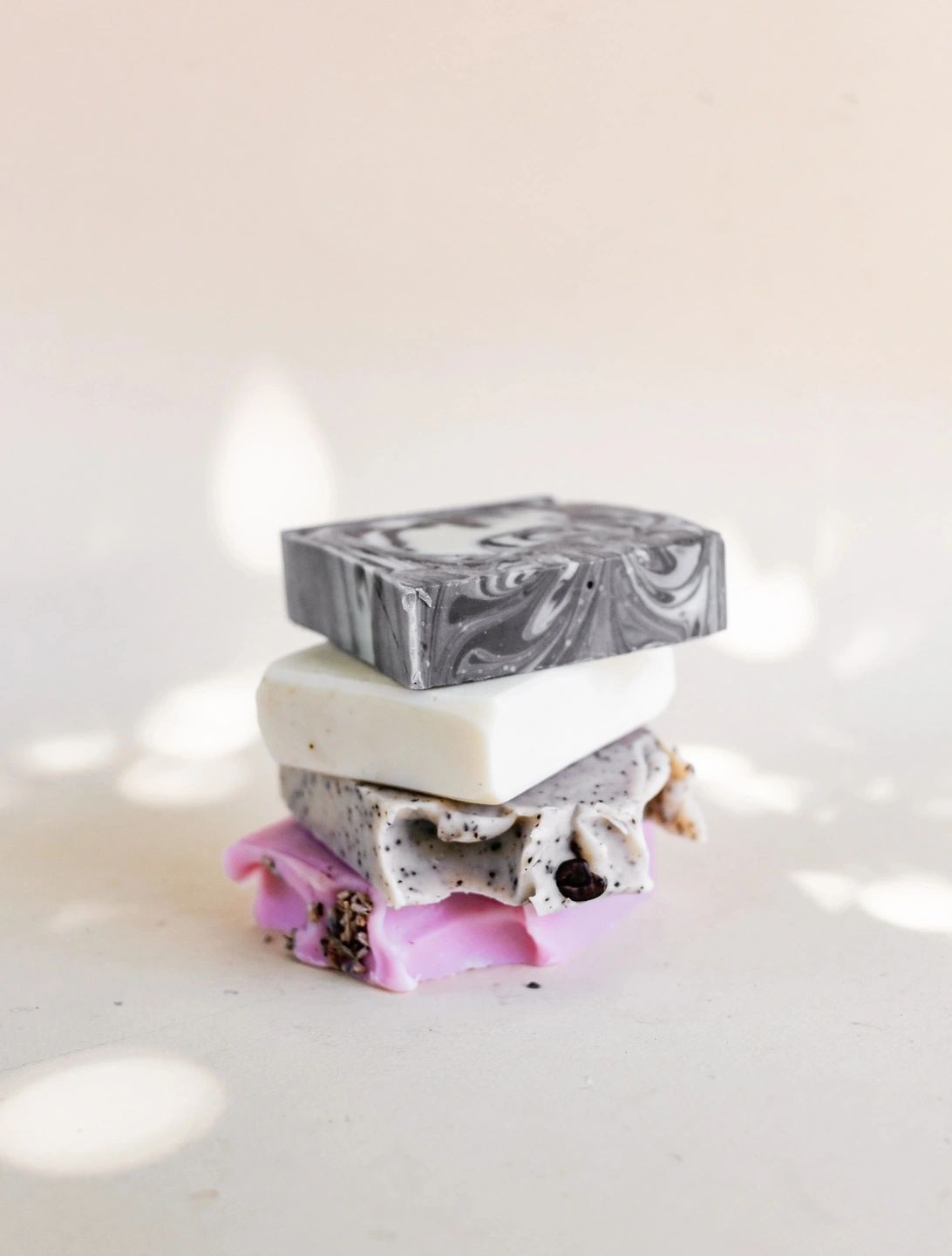In today’s world, where skincare products seem to appear in every aisle, it can be overwhelming to know which ones are right for your skin. With countless options available, understanding skincare ingredients is the key to achieving glowing, healthy skin. Despite the allure of flashy packaging and enticing claims, it’s the ingredients that truly make or break a product. By decoding labels, consumers can make informed decisions about the products they choose and their skin’s well-being.
Why Understanding Skincare Ingredients Matters
When it comes to skincare, ingredients are more than just a list on the back of a bottle; they are the heart of what makes a product effective. Whether you’re dealing with dry, oily, or combination skin, the ingredients in your skincare products can have a profound impact on how your skin looks and feels. For example, if you’re using products that contain nourishing hydrators like hyaluronic acid or glycerin, your skin will benefit from enhanced moisture retention and a more supple appearance.
On the other hand, using products that aren’t suited to your skin type can lead to irritation, breakouts, or premature aging. The key is understanding what ingredients are compatible with your skin and which ones to avoid, especially for those with more sensitive skin. Each skin type—whether it’s dry, oily, combination, or sensitive—responds differently to various compounds, and what works for one person may not work for another.
Key Ingredients to Look for in Skincare Products
When choosing skincare, it’s important to know which ingredients are beneficial for your skin. Here’s a look at some of the most effective ones:
- Hydrators and Moisturizers: Ingredients like hyaluronic acid and glycerin are excellent hydrators, helping to retain moisture within the skin and providing a dewy, plump appearance. These compounds work by attracting water molecules to the skin, ensuring that it remains hydrated throughout the day.
- Anti-aging Ingredients: As we age, our skin’s ability to regenerate slows down. Ingredients like retinol and peptides are known for their anti-aging benefits. Retinol promotes cell turnover, reducing the appearance of fine lines and wrinkles, while peptides encourage the production of collagen, giving skin a firmer, more youthful look.
- Skin Barrier Enhancers: Your skin’s protective barrier is crucial in maintaining overall skin health. Ingredients like ceramides and fatty acids help to strengthen this barrier, keeping moisture locked in and harmful pollutants out. A robust skin barrier also prevents irritation and sensitivity, making it an essential component of any skincare routine.
- Sunscreen Agents: Protection from the sun’s harmful rays is crucial in any skincare regimen. Zinc oxide and avobenzone are common sunscreen agents that shield the skin from UVA and UVB damage. Using a sunscreen with these ingredients daily can prevent premature aging and reduce the risk of skin cancer.
Understanding Common Skin Irritants and What to Avoid
While there are many beneficial skincare ingredients, there are also compounds that can cause harm, particularly for those with sensitive skin. Some of the most common skin irritants to avoid include:
- Fragrances: Often used to make products smell pleasant, fragrances can be highly irritating, leading to redness, dryness, or breakouts. If you have sensitive skin, it’s best to opt for fragrance-free products.
- Alcohol: Alcohols like ethanol and isopropyl alcohol can be drying and strip the skin of its natural oils, disrupting the skin barrier. While some alcohols may serve as preservatives, they’re generally best avoided in products for dry or sensitive skin.
- Parabens: These synthetic chemicals are commonly used as preservatives to prevent the growth of bacteria in skincare products. However, parabens have been linked to hormone disruption, making them a controversial ingredient in many skincare formulations.
The Importance of Product Transparency and How to Decode Labels
With the growing trend of “clean” beauty, transparency has become a major factor in choosing skincare products. It’s not enough to trust marketing buzzwords like “natural” or “organic”; consumers must look at the ingredient list itself. Understanding how to read labels effectively can reveal whether a product lives up to its claims.
One important tip is to become familiar with both scientific names and common names of ingredients. For instance, “water” might be listed as “aqua” on the label, and “sodium chloride” refers to table salt. Knowing these terms can help you recognize what’s actually in a product and assess its potential benefits or risks.
How to Build an Effective Skincare Routine Based on Ingredients
The key to an effective skincare routine lies in layering ingredients that complement each other. Start with a gentle cleanser, followed by a hydrating toner or serum containing ingredients like hyaluronic acid. For anti-aging, incorporate a serum or cream with retinol or peptides. Finish with a moisturizer to lock in hydration and a sunscreen with zinc oxide or avobenzone to protect your skin throughout the day.
It’s also essential to consider how products interact. For instance, combining retinol with Vitamin C may lead to irritation, while using ceramides alongside fatty acids can help reinforce the skin’s moisture barrier. Customizing your skincare routine based on your skin’s unique needs will lead to the best results.
Summary
Understanding skincare ingredients is crucial for anyone looking to enhance their skin health. By focusing on key ingredients like hydrators, anti-aging compounds, and skin barrier enhancers, you can select products that align with your skin type and concerns. On the flip side, avoiding common irritants such as fragrances and alcohol can prevent skin sensitivity and discomfort. With the right knowledge, you can decode product labels and confidently build a skincare routine that’s both effective and tailored to your needs. In a world where product choices are endless, taking the time to understand skincare ingredients will undoubtedly help you achieve healthier, radiant skin.
Please like, comment, and share this article if you found it helpful and
informative.
Visit https://bigtownbulletin.com if you would like to see more of this content.
Please like, comment, and share this article if you found it helpful and
informative.
For more news check out Big Town Bulletin News
For more from Big Town Bulletin check out Big Town Bulletin


